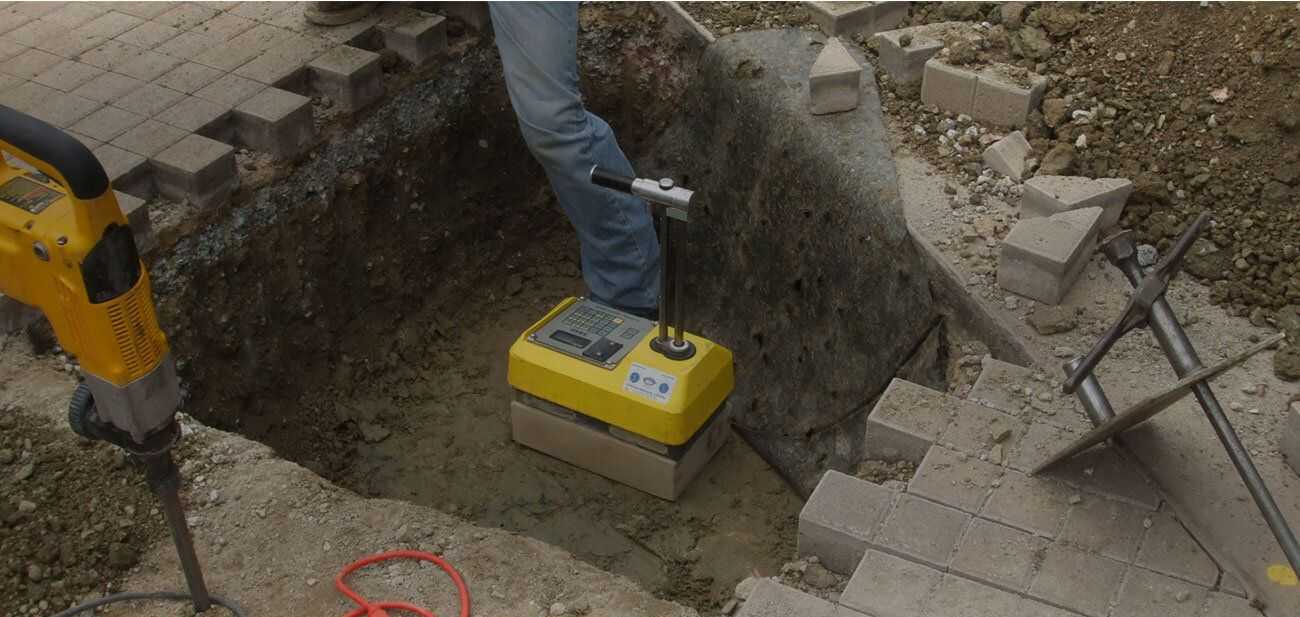
Projects that involve excavations and earthworks are susceptible to a variety of risks. These may range from slope instability, ground subsidence, foundation settlement, environmental conditions, and more. Geotechnical monitoring is a great way to reduce these risks and avoid potential hazards to employees and the work itself.
The idea is to help minimize construction delays, cost overruns, safety concerns, and more. It can also help with OSHA and jurisdictional compliance and follow other standards the state may impose. Geotechnical monitoring is a tool that provides reliable data for assessing and predicting potential problems.
Geotechnical monitoring is observing and measuring the physical and mechanical properties of soils, rocks, and other materials that make up the earth’s surface. This data can be used to understand how these materials respond to changes in their environment, such as rainfall or temperature changes.
By understanding how the materials react to these changes, engineers can predict potential problems and take steps to prevent them. Geotechnical monitoring is typically used during the construction phase of a project but can also be used during the planning and design phases.
Improving Construction Quality with Geotechnical Testing
Geotechnical testing measures the physical and mechanical properties of soils, rocks, and other materials that make up the earth’s surface. This data can be used to understand how to use these materials to your advantage.
In many cases, laboratory testing may also help understand the long-term ramifications of construction and identify the steps you need to take for more reliable construction.
With the help of geotechnical monitoring, you can observe and measure the general composition of the soil used for construction. This way, your engineers can determine the best mode of action accordingly and help you make the most out of your ventures.
While geotechnical testing usually takes place before the construction begins, geotechnical monitoring includes monitoring the site during the work. This way, engineers can identify any issues you are about to face and act accordingly.
Geotechnical exploration, also known as geotechnical investigation, involves investigating the physical and mechanical properties of soils, rocks, and other materials associated with your construction project. This may include analyzing the soil and water resources deep below the project in many cases. It also helps find natural resources for better decision-making under or around the project.
While geotechnical exploration is better performed before you begin the construction project, it can also be very helpful. The most popular application of this process is to help find a suitable location for construction before purchasing the land.
This shows just how important the geotechnical monitoring, testing, and investigation process is. The idea is to ensure that the process helps you save time, money, and effort. If you would like to learn more about how we can help or what makes us the perfect consultation partner for you, give us a call or write to us today!
Follow, engage, learn. Stop by our blog to see what’s happening at G3SoilWorks.
G3Soilworks – a full service geotechnical/ engineering geologic consulting firm serving clients since 2009 and delivering expert solutions with our highly experienced team and specialized consultants.
G3SoilWorks
350 Fischer Avenue Costa Mesa, CA 92626
Tel. 714.668.5600
E. info@g3soilworks.com